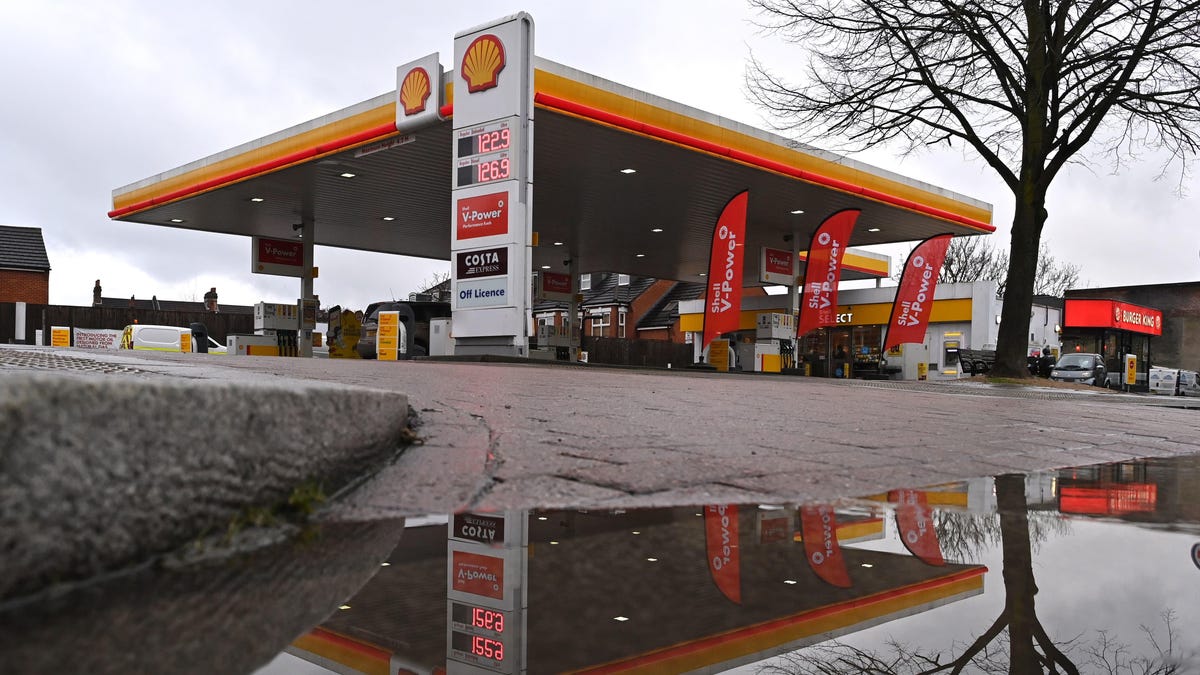
Royal Dutch Shell, one of the biggest oil companies, said this week that it could confirm that it reached peak oil production in 2019. So it thinks it will never produce that much oil again.
Shell also said it believes its carbon emissions peaked in 2018. Shell revealed both in a press release on Thursday, with the aim of convincing readers that Shell is doing what it can to no longer contribute to climate change.
From Shell launch, my emphasis:
- will continue with short-term goals that will reduce carbon emissions as we move towards our 2050 target, linked to the compensation of more than 16,500 employees. This includes a new set of goals to reduce our net carbon intensity: 6-8% by 2023, 20% by 2030, 45% by 2035 and 100% by 2050, using a 2016 baseline;
- expects its total carbon emissions to peak in 2018 at 1.7 gigatonnes per year;
- confirms that its total oil production peaked in 2019;
- will seek access to an additional 25 million tonnes of carbon capture and storage (CCS) capacity per year until 2035. Currently, three major CCS projects of which Shell is a part, Quest in Canada (in operation), Northern Lights in Norway (sanctioned) and Porthos in the Netherlands (planned) will total around 4.5 million tonnes of capacity;
- aims to use solutions based on nature (NBS), in line with the philosophy of avoiding, reducing and only then mitigating, to offset emissions of the order of 120 million tons per year by 2030, the ones we use of the highest quality verified independently;
[…]
An expected gradual reduction in oil production of about 1-2% each year, including divestments and natural decline.
That was enough to not satisfy some environmentalists, according to The New York Times, although this is expected; until we get to the other side of climate change, some things will never be enough. Still, it is kind of crazy how quickly oil companies have changed.
UK Greenpeace said in a statement that without specific commitments on production cuts, Shell’s strategy could not succeed or “be taken seriously”. Greenpeace also described Shell’s plans to offset emissions through the establishment and protection of forests and swamps as “delusional”.
[Adam Matthews, director of ethics and engagement of the Church of England Pensions Board] He said that the increasingly detailed plans for reducing emissions by European oil companies were a major step forward from three years ago, when such discussions were barely underway.
“In that time, things have changed very significantly,” he said.
We will not be carried away by praise; this is also a business decision, and large multinational companies are not betting on the future of their companies in doing the right thing. But still, like someone who grew up with the old Big Oil: Strange, man.
